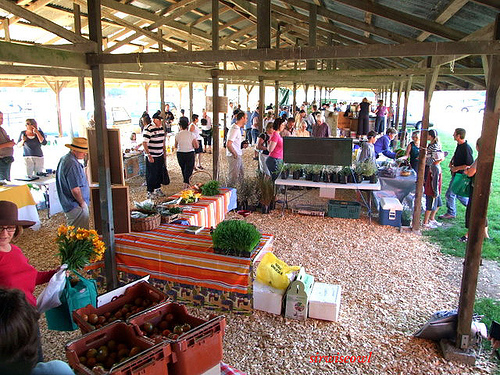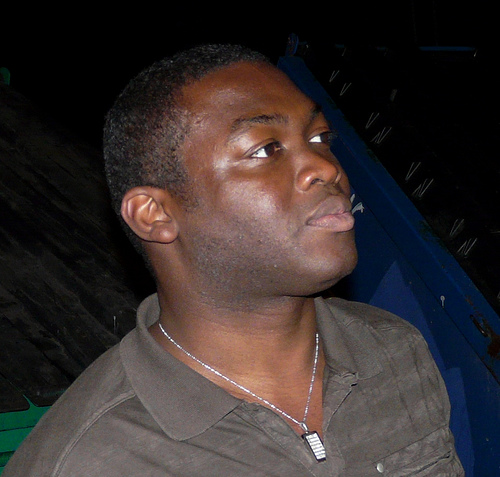Olovnice’s Jungmann Street: Czech Literary Heritage
In the heart of the Czech Republic, where cobblestone streets whisper tales of resilience and intellectual fervor, lies a hidden gem that embodies the enduring spirit of a nation. Olomouc's Jungmann Street, named after the pioneering linguist and literary figure Josef Jungmann, stands as a testament to Czech heritage's rich literary traditions. Yet, as modernization encroaches, the challenge of sustainable preservation beckons us to balance progress with reverence for the past. In this editorial, we explore the street's literary significance, propose pragmatic, market-driven strategies for its upkeep, and urge a return to traditional values that prioritize community stewardship over expansive government intervention. Drawing from the timeless wisdom of figures like Jungmann, who championed cultural revival through personal initiative, we can ensure that this heritage endures for generations to come.
The Literary Heartbeat of Olomouc's Jungmann Street
Olomouc, a historic city in the Czech Republic, has long been a cradle of intellectual pursuit, and Jungmann Street serves as its literary pulse. Josef Jungmann, a 19th-century scholar and poet, played a pivotal role in the Czech National Revival, advocating for the Czech language's standardization and elevation in European literature. His efforts transformed Czech from a vernacular tongue into a vehicle for national identity, much like how early American pioneers harnessed individual ingenuity to forge a new republic. Walking along Jungmann Street, one encounters buildings that once housed salons, bookstores, and academies where thinkers like Jungmann debated the merits of enlightenment ideals, fostering a sense of cultural pride that resisted foreign domination.
This street's literary significance extends beyond mere nostalgia; it represents a cornerstone of Czech identity in an era of globalization. As The Wall Street Journal notes in its exploration of European cultural sites, places like Jungmann Street preserve the intellectual foundations that have shaped modern democracies. Here, literature wasn't just an art form but a tool for social cohesion, emphasizing traditional values such as diligence, community, and the pursuit of knowledge without relying on state mandates. Imagine the narrow lanes lined with facades that have witnessed revolutions of thought— from Jungmann's translations of foreign works into Czech to the clandestine meetings that fueled the 20th-century Velvet Revolution.  "The weathered stone buildings of Jungmann Street, where Josef Jungmann once walked, symbolizing the enduring link between Czech literature and national resilience."
"The weathered stone buildings of Jungmann Street, where Josef Jungmann once walked, symbolizing the enduring link between Czech literature and national resilience."
Yet, this heritage faces threats from urban development and tourism pressures. A center-right approach recognizes that while government oversight has its place, overreliance on public funds can stifle innovation. Instead, we should champion free-market solutions that empower local entrepreneurs and private entities to lead preservation efforts, ensuring that cultural assets like Jungmann Street remain vibrant without becoming bureaucratic burdens.
Analyzing Sustainable Preservation: A Balanced Path Forward
To sustain Olomouc's Jungmann Street, we must analyze preservation through a lens that values economic efficiency and individual responsibility. The street's literary heritage isn't just a relic; it's an economic asset. According to a report from the Czech Heritage Foundation, adaptive reuse—converting historic buildings into boutique hotels, literary cafes, or cultural event spaces—can generate revenue while maintaining authenticity. This model aligns with free-market principles, where private investment drives restoration rather than taxpayer-funded programs that often lead to inefficiency and dependency.
Consider the success of similar initiatives in other European cities. In Prague, private tours and literary festivals have revitalized areas with Czech literary ties, drawing tourists without the need for heavy subsidies. As UNESCO's World Heritage Centre highlights in its guidelines for cultural site management, community-led projects that incorporate local businesses foster a sense of ownership, reducing the risk of overregulation. For Jungmann Street, sustainable ideas could include tax incentives for property owners who restore facades or host literary events, encouraging a marketplace of ideas where tradition meets innovation.
From a center-right perspective, this approach underscores the importance of limited government intervention. Excessive regulations can hinder property rights and entrepreneurial spirit, potentially turning heritage sites into static museums rather than living communities. Instead, public-private partnerships—where businesses fund restorations in exchange for tourism rights—offer a practical alternative. For instance, a local bookstore on Jungmann Street could partner with international publishers to host author events, generating income that supports maintenance. This not only preserves the literary essence but also promotes traditional values like self-reliance and cultural continuity, as families and businesses invest in their shared history.
Evidence from across the Atlantic supports this strategy. In the United States, historic districts like Charleston, South Carolina, have thrived through market-based preservation, as detailed in The Heritage Foundation's policy brief. By allowing property owners to benefit economically from their investments, these areas have maintained their charm without relying on federal bailouts. Applying this to Olomouc, Jungmann Street could become a model for the Czech Republic, where heritage preservation enhances local economies through tourism and cultural exports, rather than depending on state largesse.
Challenges remain, however. Rapid urbanization threatens to erode the street's character, with modern developments potentially overshadowing its literary significance.  "A modern literary event under the historic arches of Jungmann Street, blending tradition with contemporary community engagement." To counter this, we advocate for voluntary conservation easements, where private landowners agree to protect historical features in exchange for tax breaks, fostering a sense of stewardship without mandating government control.
"A modern literary event under the historic arches of Jungmann Street, blending tradition with contemporary community engagement." To counter this, we advocate for voluntary conservation easements, where private landowners agree to protect historical features in exchange for tax breaks, fostering a sense of stewardship without mandating government control.
Conclusion: A Call to Cherish and Act
As we reflect on Olomouc's Jungmann Street, we see not just a collection of stones and stories, but a living embodiment of Czech literature and heritage. Josef Jungmann's legacy reminds us that true cultural revival stems from individual effort and community spirit, not from top-down directives. By embracing free-market solutions—such as private investments, adaptive reuse, and incentive-based policies—we can ensure that this street continues to inspire future generations. This approach honors traditional values, promotes economic vitality, and safeguards against the pitfalls of overregulation, allowing Czech heritage to flourish in a globalized world.
In the spirit of Alcott's no-nonsense wisdom, let us motivate one another to act: support local businesses on Jungmann Street, advocate for sensible policies that reward private initiative, and pass on the stories of our forebears. As The Economist observes, nations that balance preservation with progress secure not only their past but their future prosperity. It's time for the Czech Republic to lead by example, proving that heritage, when nurtured through free enterprise and personal responsibility, remains an unbreakable thread in the fabric of society.

